The Hobbesian state of nature is a concept that was first introduced by the 17th-century philosopher Thomas Hobbes in his work “Leviathan.” In this work, Hobbes argued that before the establishment of a sovereign authority, individuals lived in a state of nature that was characterized by a lack of order and security. According to Hobbes, this state of nature was a state of constant conflict and insecurity, in which individuals were constantly at war with one another and were in a constant state of fear.
Hobbes believed that this state of nature was the result of the absence of a centralized authority to enforce laws and maintain order. In this state, individuals were free to act as they pleased, and there were no constraints on their behavior. This freedom, however, led to a situation where individuals were in constant conflict with one another, as each sought to protect their own interests and secure their own safety.
In the Hobbesian state of nature, individuals were in a constant state of fear and insecurity. They lived in a world where violence was the norm, and where life was “solitary, poor, nasty, brutish, and short.” This was due to the lack of a centralized authority to enforce laws and maintain order, as well as the absence of any social norms or values that could help to regulate the behavior of individuals.
In such a state of nature, individuals were forced to rely on their own strength and wit to survive. They were constantly in a state of alert, and had to be constantly on guard against potential threats. This constant state of fear and insecurity had a profound impact on their mental and emotional well-being, as well as their relationships with one another.
To escape from this state of nature, Hobbes argued that individuals needed to form a social contract in which they agreed to give up some of their individual freedoms in exchange for the protection and security provided by a centralized authority. This authority, or “Leviathan,” would be responsible for maintaining order and enforcing laws, and would have the power to use force if necessary.
In essence, the Hobbesian state of nature is a thought experiment that seeks to illustrate the dangers of a lack of centralized authority and the need for individuals to come together to form a social contract in order to ensure their own security and well-being. The concept is still relevant today, and continues to be discussed in political philosophy and other fields.
Today, the Hobbesian state of nature can be seen in many parts of the world, particularly in areas that are characterized by conflict and instability. In these areas, individuals are often living in a state of constant fear and insecurity, and are at risk of violence and exploitation at the hands of others. The absence of a centralized authority and the lack of any meaningful social norms or values can lead to a situation where individuals are in constant conflict with one another, and where life is indeed “solitary, poor, nasty, brutish, and short.”
In Nigeria, for example, there have been instances of political violence, economic violence, and social violence, which are all hallmarks of the Hobbesian state of nature. The lack of a strong and effective government has contributed to the persistence of these forms of violence, and has left many Nigerians living in fear and insecurity.
To escape from this state of nature, it is essential that the Nigerian government takes steps to enforce laws and maintain order, and that individuals come together to form a social contract that ensures their own security and well-being. This will require a concerted effort on the part of the government and the people, and will require a commitment to peace, stability, and the rule of law.
The Hobbesian state of nature is a theoretical construct, while the current political events in Nigeria are a reality. The state of nature described by Hobbes was a condition of lawlessness and chaos, in which individuals were in a constant state of conflict and insecurity, and relied solely on their own strength and wit to survive. In such a state, the powerful would dominate the weak, and there would be no justice or stability.
In contrast, the current political events in Nigeria involve organized groups and individuals who have access to power, resources, and influence, and use these advantages to advance their own interests at the expense of the wider population. This is different from the state of nature described by Hobbes, in which individuals are in a state of constant conflict and insecurity, but there is no organization or coordination among them.
In Nigeria, political violence is often perpetuated by individuals or groups who seek to maintain or gain power. They may engage in acts of violence to intimidate voters, disrupt voting processes, and manipulate election results, leading to widespread disillusionment and mistrust in the political system. Economic violence, fueled by organized crime and illicit trade in drugs, human trafficking, and other illegal activities, undermines the rule of law and the functioning of the state, and has a devastating impact on the lives of ordinary Nigerians.
Social violence, such as murder and rape, is also prevalent in Nigeria, often going unpunished. The government’s inability or unwillingness to address these issues effectively has contributed to the persistence of violence, and has eroded public trust in the state. Religious and cultural violence, with ongoing conflicts between different religious and ethnic groups, has also become a major concern in Nigeria, contributing to ongoing instability and violence.
Therefore, the current political events in Nigeria are different from the Hobbesian state of nature, as they involve organized groups and individuals who have access to power, resources, and influence, and use these advantages to advance their own interests at the expense of the wider population. While there may be elements of the Hobbesian state of nature in Nigeria, such as violence, instability, and conflict, these events are not solely the result of a war of all against all, but rather a complex interplay of power struggles, economic interests, and cultural tensions.
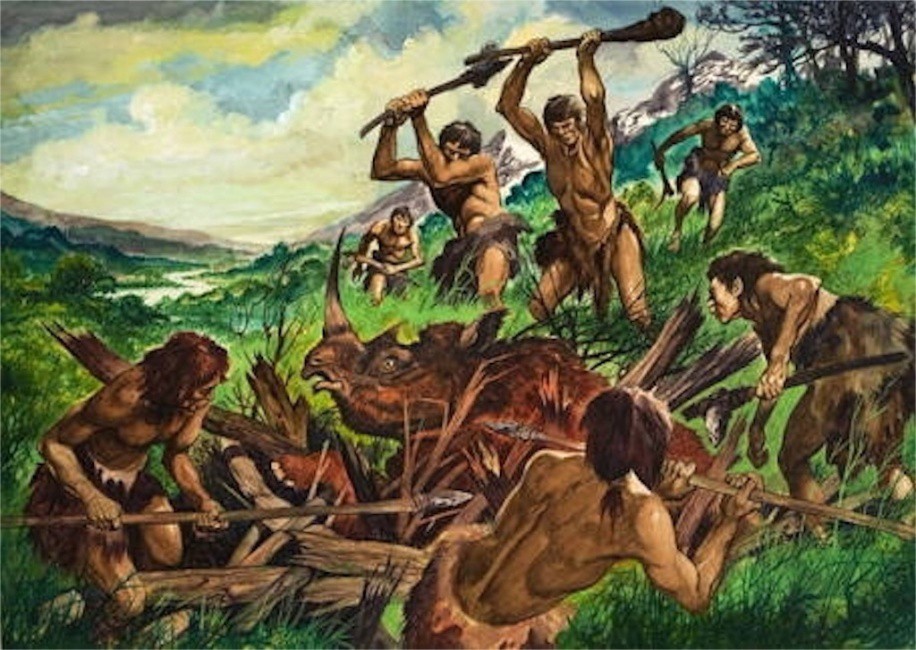
![]()




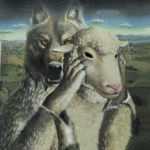
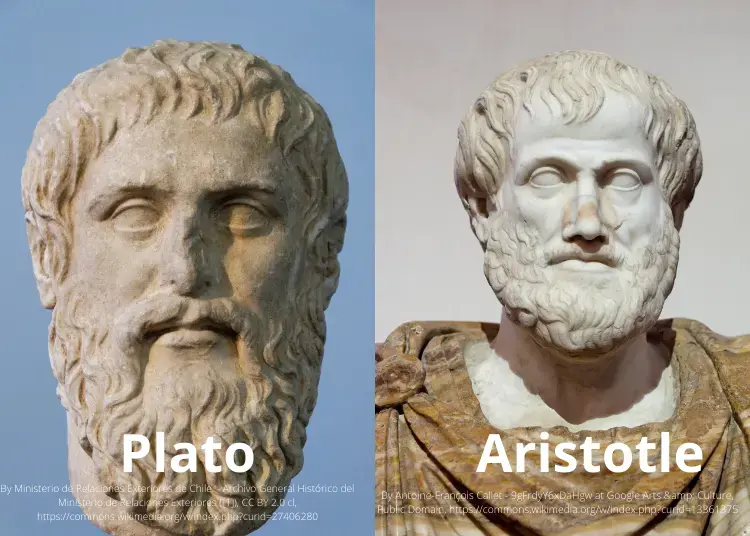

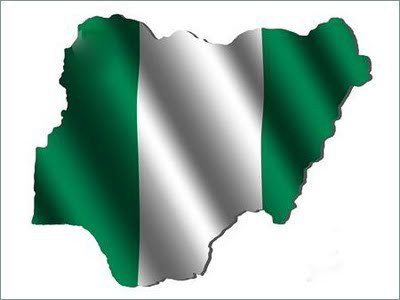





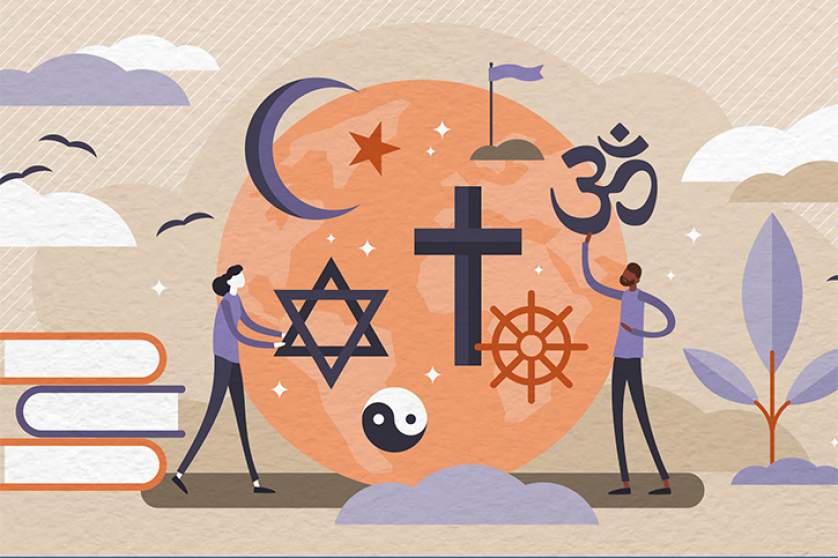



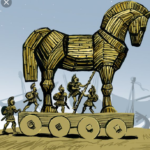



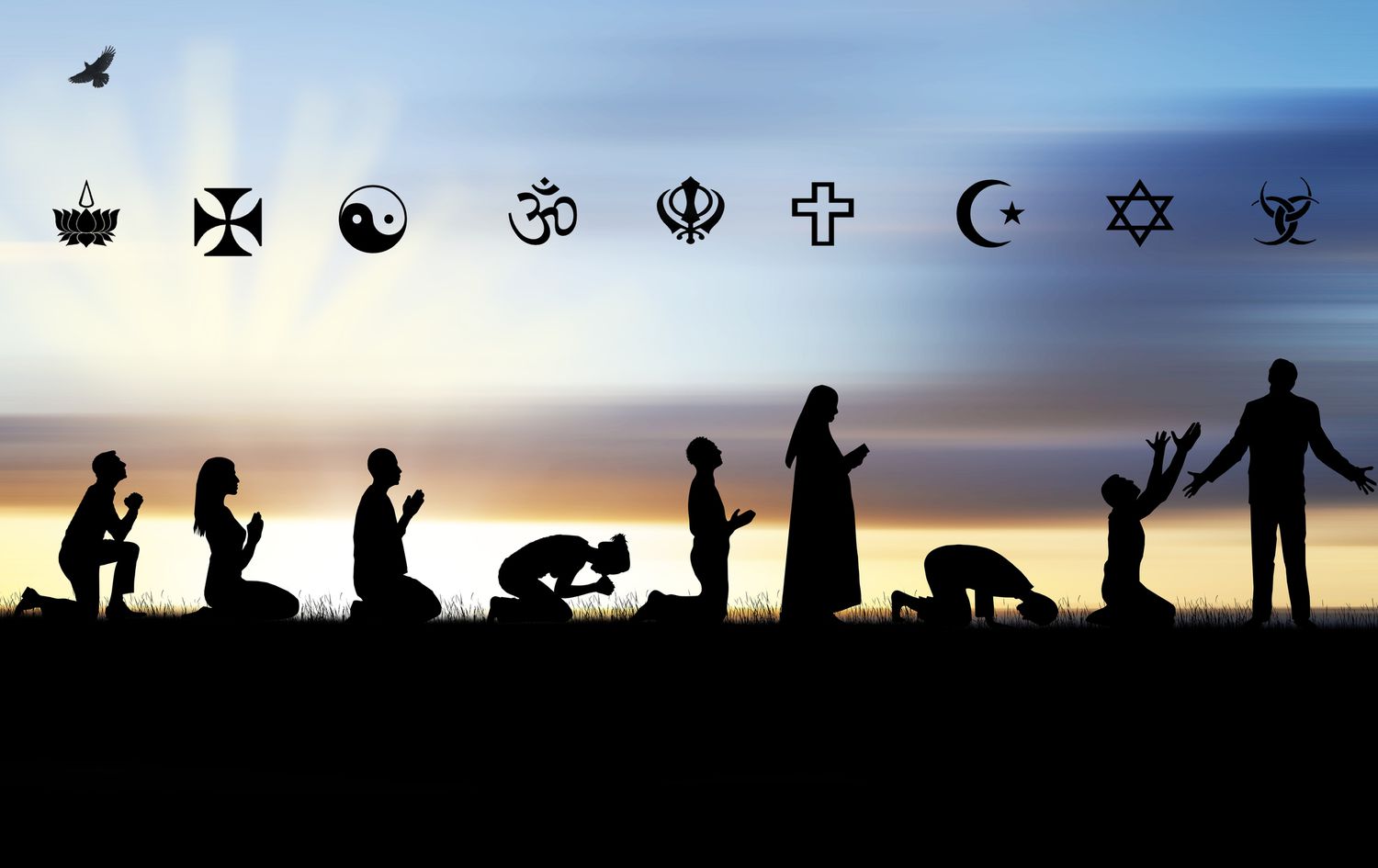










GIPHY App Key not set. Please check settings